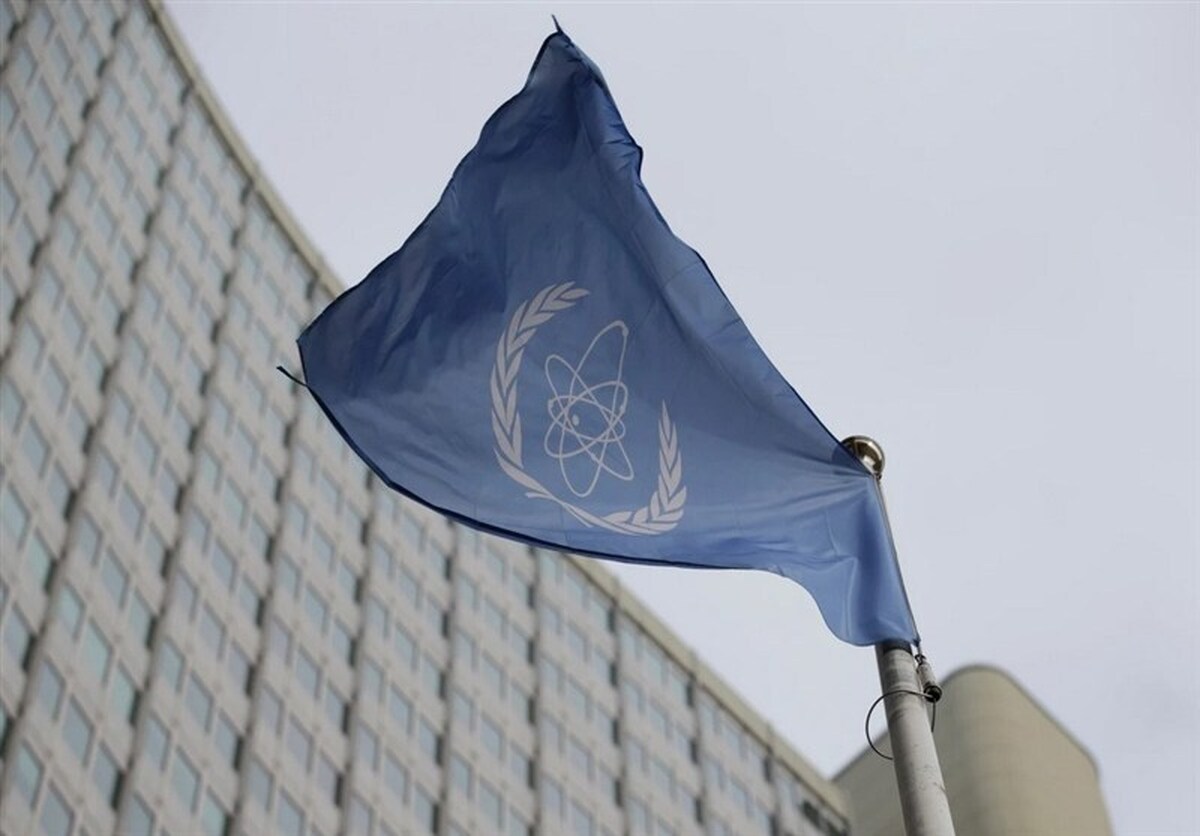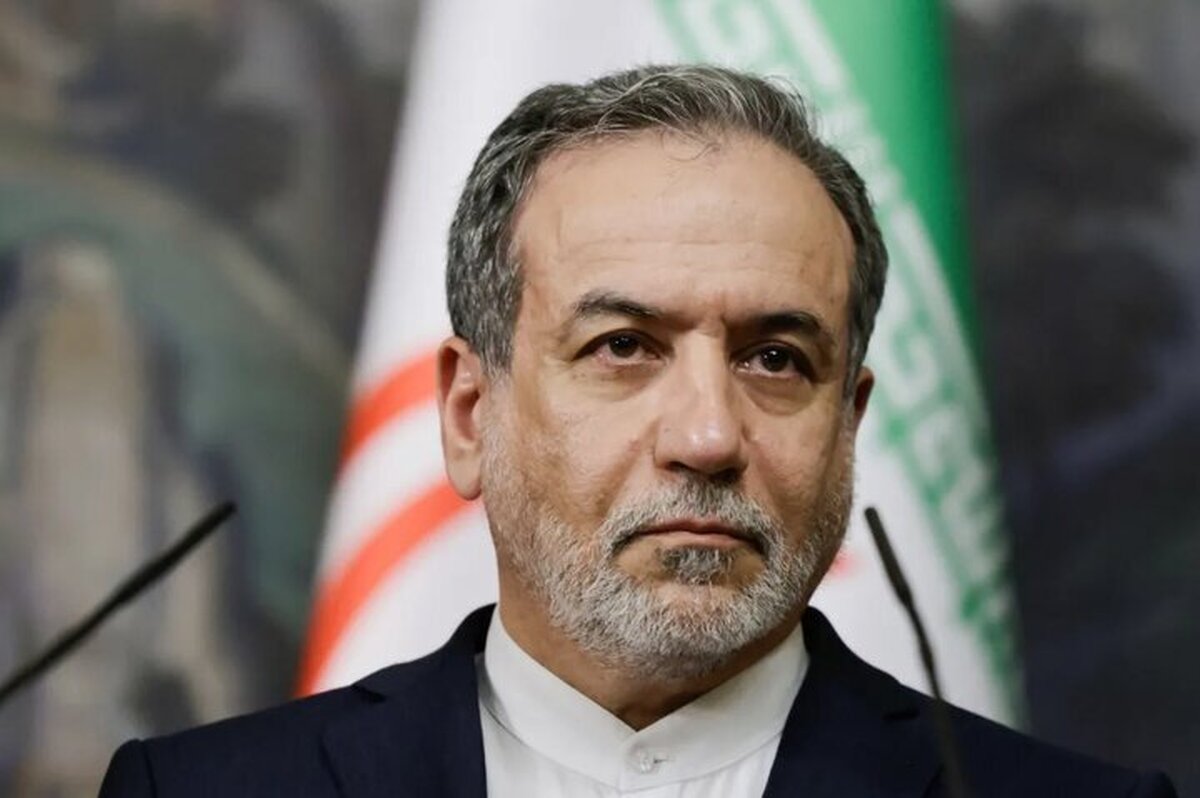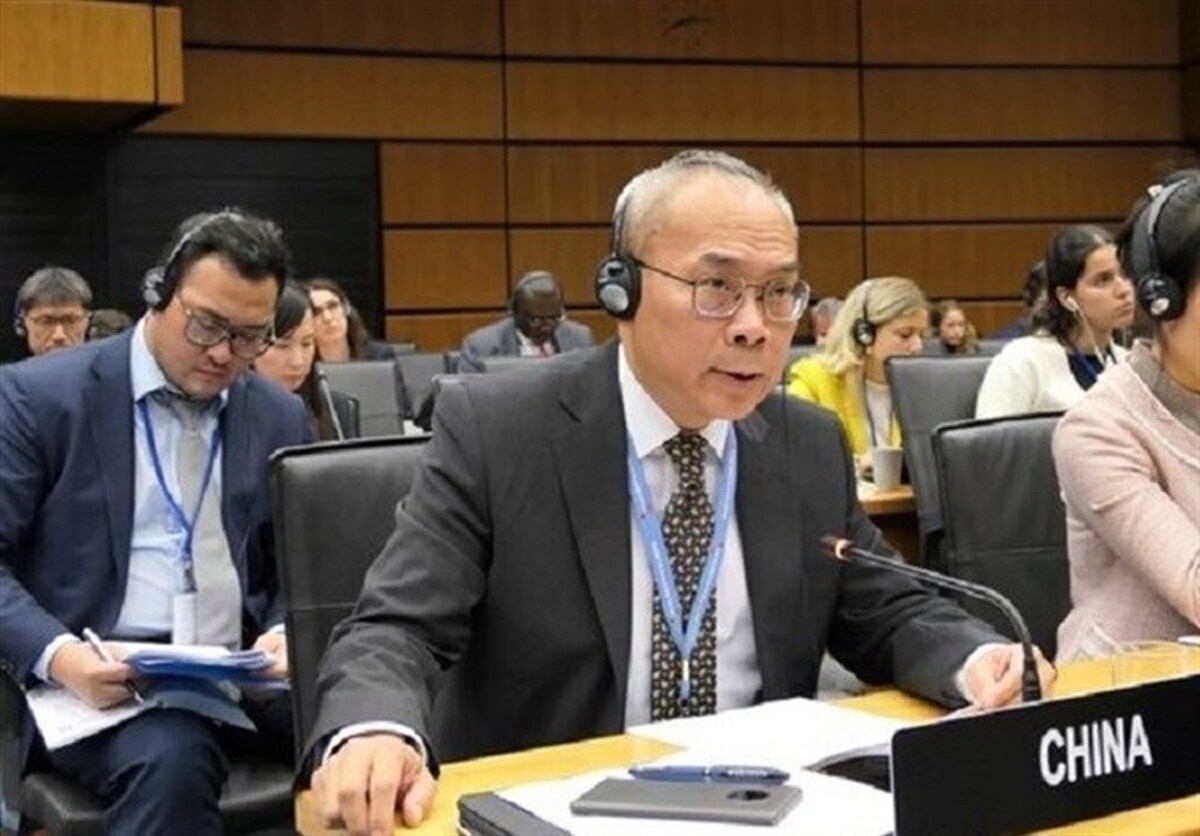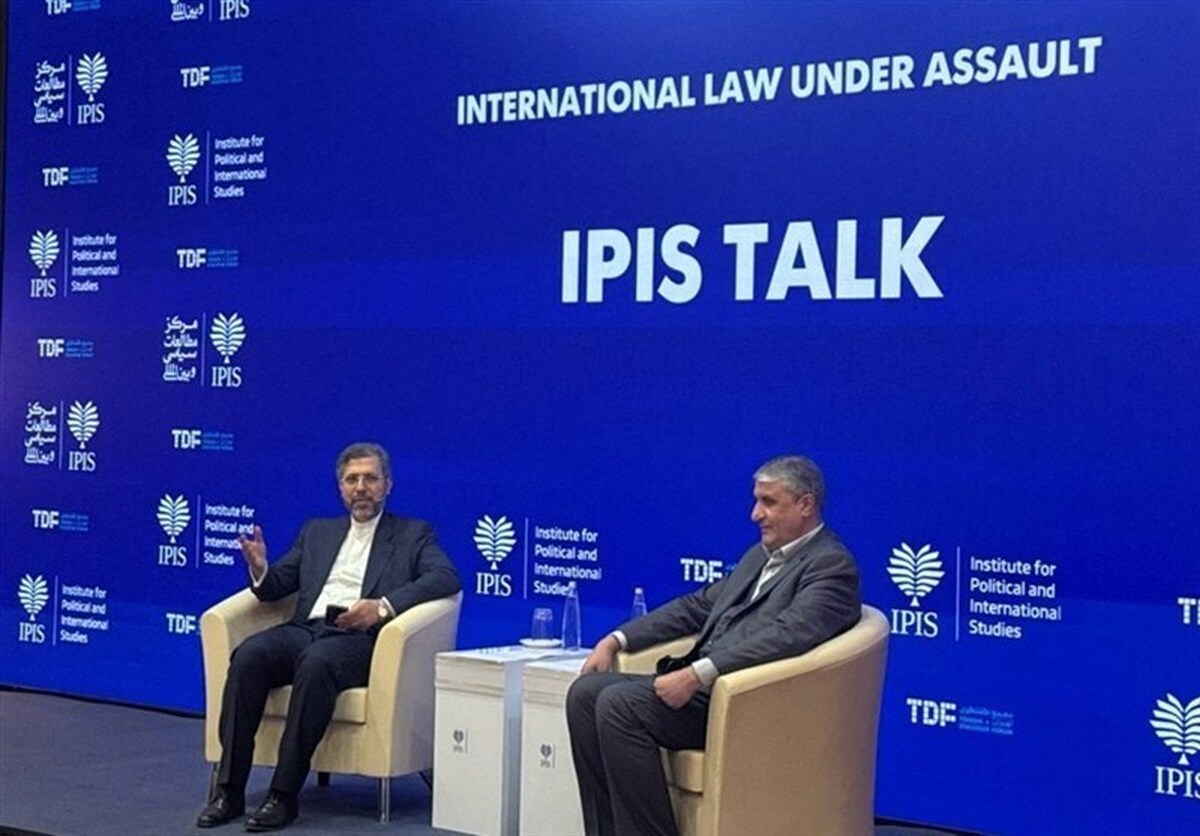
Iran, IAEA 'very close' to new framework for cooperation: FM

Foreign Minister Abbas Araghchi says that the Iranian delegation had a good meeting with IAEA representatives in Vienna, adding that the two sides are very close to reach a new framework for bilateral cooperation.
"The conditions have changed. I'm not saying that negotiations have been removed from the agenda, but they certainly have new forms and dimensions, and new concerns and components have certainly emerged," said Araghchi in a seminar in Tehran on Saturday in an apparent reference to the US-backed Israeli regime's aggression on Iran in June, which came amid the Washington-Tehran indirect talks mediated by Oman.
"It is not the case we enter into talks like before the war. We must enter into the talks with different arrangements, different planning, and the concerns and worries that exist," he added.
"Fortunately, our negotiations with [the International Atomic Energy] Agency (IAEA) have begun in this regard. Today, my colleagues in Vienna continued negotiations to reach a new framework, and as far as I know, they had very good talks, and we are very close to reaching an agreement on a new framework for cooperation with the Agency, basically in accordance with the piece of legislation approved by the Parliament and within the legal framework approved by the Parliament, as well as the realities on the ground and the changes that have taken place."
"We can start a new round of cooperation with the Agency, in which all the concerns that are specifically reflected in the Parliament's piece of legislation are taken into account," the minister added.
As regards the talks with the three European countries, Germany, France and the UK amid their move to trigger the snapback mechanism, he said, "Our negotiations with the three European countries are continuing. I have had several telephone conversations with the foreign ministers of those three countries. Two nights ago, I had a face-to-face meeting with Ms. Kallas, the head of the European Union's foreign policy, in Doha, Qatar, for more than two hours, and a better understanding of the situation is emerging."
He noted: "The three European countries made a big mistake by going to the dispute resolution mechanism (DRM) in Resolution 2231, which is known as the snapback mechanism."
"The European countries made a big mistake and made the work more difficult and complicated. Our talks with them are continuing, and I hope we can reach a shared understanding."
The top Iranian diplomat also stated that "Our messages continue to be exchanged with the United States through mediators," adding that, "The day the Americans reach a point where they are ready for a negotiation based on mutual interests and mutual respect, we will resume the negotiation."/mehr




